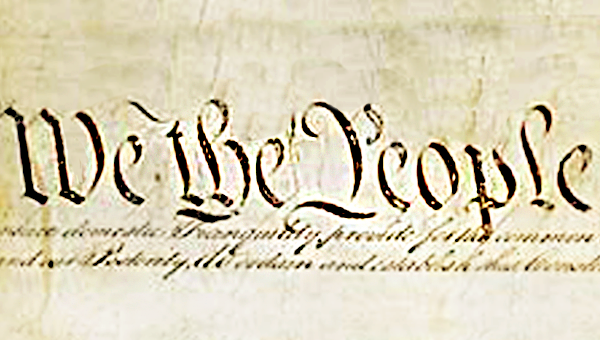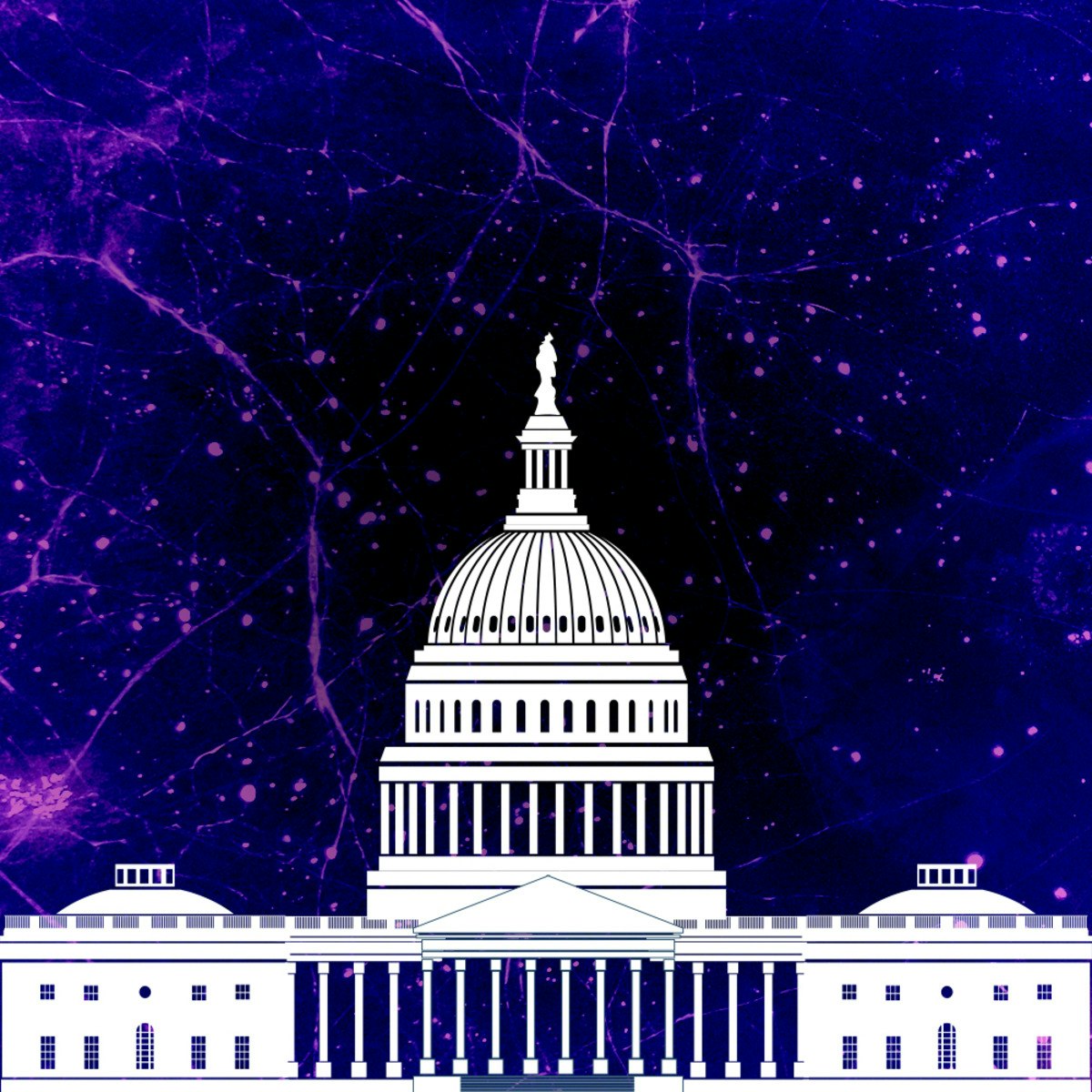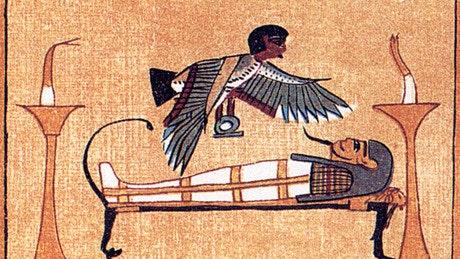Back to Courses









Governance And Society Courses - Page 10
Showing results 91-100 of 270

International Cyber Conflicts
By nature, cyber conflicts are an international issue that span across nation-state borders. By the end of the course, you will be able to apply the knowledge gained for analysis and management of international cyber incidents and conflicts including for activities such as development of policy related to cybercrime and cyberwarfare. Management of cyber incidents and conflicts requires an interdisciplinary perspective including an understanding of: 1) characteristics of the cyber threats and conflicts themselves, 2) international efforts to reduce and improve cyber security, and 3) psychological and sociopolitical factors.
The course is designed to reach an international audience and will encourage discussion on relevant current events among participants to enrich the experience with various personal and cultural perspectives on cutting-edge issues. In addition, assignments and other assessments will supplement video lectures and selected readings to ensure application of the material.
After taking this course you will be able to:
• Identify different types of actors involved in cyber threats (individuals, organizations & nation-states)
• Distinguish between different types of threats and issues in cyber security including, data theft, political espionage, critical infrastructure protection, and propaganda
• Detail the basic characteristics of the Internet infrastructure and international efforts to address Internet governance
• List several international efforts to address cyber crime and espionage
• Evaluate how principals that govern international conflicts might be applied in context of cyber security
• Apply different psychological theories of human motivation and cooperation and communication and political theories in analysis of different international issues related to cyber security including censorship, media operations and role of social technologies.
Grading:
Your grade is assessed based on discussion posts and quizzes. Individual taking this course for credit (i.e. students at the University at Albany y will be required to engage in additional activities communicated to them directly).
Recommended Background:
No background knowledge or skills are necessary, but an understanding and familiarity of cyber security, Internet infrastructure and international law would be advantageous for anyone who participates in the course.
ACKNOWLEDGEMENTS
Ersin Dincelli and Nic DePaula were the instructional designers for the course who assisted in the recording of the videos, reviewing material, creating slides, assessments and some of the content. Without their tremendous effort this would not have been possible. We also acknowledge the financial support for the recordings from the University at Albany as well as the support from Media and Marketing. Finally, thanks to Lisa Stephens who is the SUNY liaison to Coursera for being a strong supporter of the MOOC.

Introduction to Key Constitutional Concepts and Supreme Court Cases
This course offers an introduction to the U.S. Constitution and landmark Supreme Court cases interpreting it. It explores the Constitution’s origins, its amendment over the years, and methods of constitutional interpretation. Topics include the nature and structure of the federal government, the powers of the federal government, and individual rights.

The Factors that Influence the Effectiveness of Boards and the Governance Process
The third course in this Specialization introduces you to the factors that influence how effective boards of directors will be in carrying out their roles and responsibilities and hence the impact they have in shaping the success of the organization they govern. While this course has been developed with North American culture in mind, we do appreciate that, in other parts of the world, the nature of the factors that influence the effectiveness of nonprofit boards of directors may vary. Nevertheless,it is our hope that much of the course content will still be of value to those in other parts of the world.
To learn more about this course, please watch the overview video by copying and pasting the following link into your web browser: https://goo.gl/aAMIfl.
Keywords: Nonprofit; Nonprofit Sector; Voluntary Sector; Nonprofit Organizations, Non-Governmental Organizations, Volunteer Organizations, Leadership, Management, Governance, Board, Board of Directors, Performance, Effectiveness
Course 3 Overview:
Week 1: This week's questions: What factors influence the effectiveness of board meetings? What are the formal procedures and structures within the board that impact its performance? What can a board do to intentionally improve the way it structures itself and runs its decision making meetings?
Week 2: This week's questions: What do we mean by board composition and development and why is it important? Why is it difficult to change the composition of the board? How do you design the ideal mix of board members? How do you locate, recruit and develop board members?
Week 3: This week's questions: What do we mean by the "culture" of the board and why is it important? How do boards develop and pass along culture? Can board cultures be intentionally changed? What is the role of leadership in shaping board culture? What do effective nonprofit leaders involved in governance do? How can leadership be managed for higher performance?
Week 4: At this stage, you are asked to review the course content, submit a written assignment (known lightheartedly as a BEAR (Board Effectiveness Readiness Assessment), and take two multiple choice Readiness Assurance Tests (known similarly as RATs). One RAT will assess knowledge and reading comprehension and the other will test application of knowledge within a practical case.
Week 5: We will encourage you to discuss the RATs in the discussion forums and take them again should you wish to change any of your answers based on the information exchanged.

Poverty & Population: How Demographics Shape Policy
This course has four modules, or foci. The first is to understand the categories of social welfare—populations, income, earnings, and assets— and some related concepts that play a very large role in shaping policy decisions: unemployment, inflation, and the minimum wage. The second deals with the central institution of social welfare—the labor market, which largely determines how many resources a person has. The labor market also establishes hierarchy, both through meritocracy and through categories of privilege. The third is poverty: the differing ways we define who is poor, and how effective U.S. anti-poverty efforts have been. The final module looks directly at federal decision making, the political organization of ideas, the structure of U.S. government, and the legislative process that shapes much of our social policy. This course addresses issues of power, oppression, and white supremacy.
The course is part of a sequence in social policy that has an HONORS TRACK. This track will prepare the learner for masters-level work in policy, which involves reading the literature, writing concise summaries and probing critiques. Over the sequence the learner will develop a policy analysis that will create a foundation for professional policy analyst assignments.

Searching for the Grand Paris
What is the reasoning for the Grand Paris? What does the transformation of the relationship between Paris and its suburbs imply? “Searching for the Grand Paris” is an original MOOC featuring accounts from residents, association representatives, experts, and researchers. It also contains archival footage and documents, as well as a comparative analysis of Brussels, London, and other French cities. The MOOC combines historical and comparative approaches with a discussion of controversial topics. It also reflects upon the notion of scale and questions what is at stake in the implementation of the Grand Paris. It discusses the evolution of Paris and its region, as well as issues such as ethnic and social segregation, economic growth, safety, the environment, housing, transportation, city construction, education, and culture. “Searching for the Grand Paris” is not exclusively directed towards universities. It is free and for the general public. This dynamic, even lively, MOOC was made in collaboration with students from the University of Science Po (Paris Institute of Political Studies), along with many other contributors.
TEACHER : Patrick Le Galès (politist and sociologist)
PREREQUISITE
There is no required prerequisite for this course.
PLAN DU COURS
Session 1: Metropolization and Economic Growth
Session 2: Population and Migration
Session 3: Housing and Construction
Session 4: Transportation and Mobility
Session 5: Law enforcement and Environment
Session 6: Culture and Education
EVALUATION
This MOOC offers a final MCQ.
PEDAGOGICAL TEAM
Héloïse Thibault, Valentine Quinio, Judith Lienhard, Ninon Beillard, Juliette Guichardet, Odile Gaultier-Voituriez, Miyuki Tsuchiya, Maxime Crépel, Pôle Audiovisuel Sciences Po
TERMS OF USE
All rights reserved
PARTNERS
Mairie de Paris | Ecole urbaine de SciencesPo Paris | Grand Public

Sports and Society
Sports play a giant role in contemporary society worldwide. But few of us pause to think about the larger questions of money, politics, race, sex, culture, and commercialization that surround sports everywhere. This course draws on the tools of anthropology, sociology, history, and other disciplines to give you new perspectives on the games we watch and play. It's the new and improved version of Professor Orin Starn's original "Sports and Society" for Coursera, which drew more than 40,000 students. We will focus on both popular sports like soccer (or “football,” as anyone outside America calls it), basketball, and baseball, and also lesser-known ones like mountain-climbing and fishing. You will never watch or think about sports in the same way again.

Intercultural Management
This MOOC explores different aspects of intercultural management, including teams, leadership, Human Resource Management, marketing and negotiations. When you complete this MOOC, you will have a richer understanding of the concept of culture, and how culture influences the way that individuals behave.
You will also get a deeper knowledge about how culture shapes management practices in international organizations. We will introduce you to a number of experts in the field of intercultural management who will discuss the challenges and the benefits of dealing with employees on a global level.
Moreover, we will share with you insights from our own research to illustrate recent developments in the field of intercultural management. During the MOOC we will provide you with a variety of concepts and tools that empower you to successfully interact with people from other cultures to achieve your desired personal and business-related goals.
Please have a look at the teaser available at : https://www.youtube.com/watch?v=LVze_O6vjKI

Soul Beliefs: Causes and Consequences - Unit 1: Historical Foundations
Throughout history, the vast majority of people around the globe have believed they have, however defined, a “soul.” While the question of whether the soul exists cannot be answered by science, what we can study are the causes and consequences of various beliefs about the soul and its prospects of surviving the death of the body. Why are soul and afterlife beliefs so common in human history? Are there adaptive advantages to assuming souls exist? Are there brain structures that have been shaped by environmental pressures that provide the foundation of body/mind dualism that is such a prominent feature of many religions? How do these beliefs shape the worldviews of different cultures and our collective lives? What is the role of competing afterlife beliefs in religion, science, politics, and war? This course explores several facets of this relatively unexplored but profoundly important aspect of human thought and behavior.
The course consists mainly of 70 to 80 minute lectures, typically broken up into 3 segments, recorded from a course offered by Rutgers University School of Arts and Sciences. These videos include slides and some embedded video clips. Most lectures are accompanied by slides used during the lecture, also including recommended reading assignment which may provide additional opportunities to reflect on your studies.
Due to the lengthiness of this class and natural progression, the online course has been separated into 3 units, this is Unit 1.

Ethnic Minorities and Race
Conditions and distribution of ethnic minorities and race; socio-psychological and cultural factors in the race and ethnic relations; the pattern of relations in the United States with emphasis on the Southwest and on social services.
Upon completion of this course, learners will be able to:
Identify sociological ideas, concepts, terms, and theories regarding ethnic minorities and race.
The learner taking this course would be interested in gaining the ability to have informed conversations about race and ethnicity in American society. Learning about the current empirical patterns and trends will equip learners to have informed conversations instead of conversations based on opinion alone.
To succeed in this course, you should have a background in studying society and an interest in improving race relations.

Cultural impact of housing displacement gentrification
This course provides an introduction to gentrification and to the cultural impacts of housing displacement for people in cities and neighbourhoods across the world. Gentrification is a term which has been used to describe the process by which wealthier people move into an area leading to the displacement of poorer groups who are priced out of the area by increases in rents and housing prices. It is usually associated with physical improvements to the housing stock and to changes in local shops and services. Sometimes it is closely associated with the displacement of black people by white people. Gentrification is never neutral in its effects. Places change. They look and feel different and different people live there.
There are winners and losers, incomers and those displaced, all of whom are caught up in a process by which the social status of an area can often change beyond recognition. Gentrification is both a social and a spatial process. It is not surprising therefore to find that most people who have written about gentrification are either sociologists or geographers.
In this course we will learn how the term gentrification originated and the way in which the term has developed since its first sighting in the 1960s. We will consider different theoretical explanations for processes of change and ask questions about who wins and loses. After acquiring theoretical and conceptual skills we will apply these to a series of international case studies to understand what gentrification might look like and feel like in different places. What changes? How do you measure change? What happens to the people displaced- where do they go to? Who are the newcomers? This course will give you insights which will help you better understand neighbourhood level changes; inspire you to learn more about the interaction of social and spatial changes and to think critically about the future of neighbourhoods with which you are familiar.
Popular Internships and Jobs by Categories
Find Jobs & Internships
Browse
© 2024 BoostGrad | All rights reserved